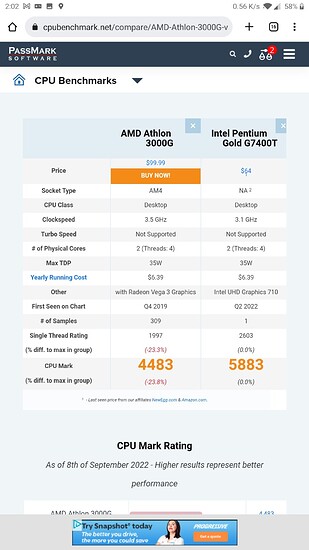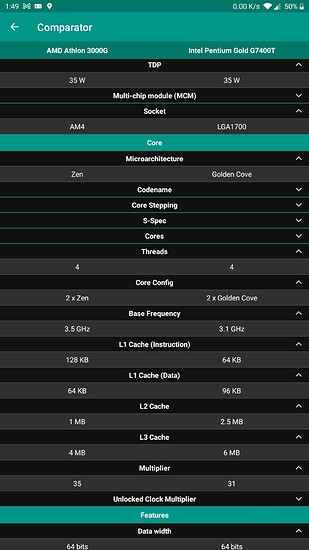A 3000G will be more than sufficient- I have one running as a nas/router thing, with zfs storage, an bit has more chooch than I really need.
But if energy saving is the goal, do you require all that ram?
You may save a bit by just running 1 stick of ram
ZFS will happily use a half of the available ram, and more if you tell it, but you can get away with very little ram, perhaps just one stick?
I personally run the O/S on a separate, el-cheapo SSD, and the data on an array of HDD’s, and I fully expect the SSD to die- I have not made it redundant or anything, but having a separate boot device that just runs ext4 for compatibility, but that’s just me.
Ubuntu is pretty stable, especially as they test build the packages pretty well before release, but it has some non-standard features compared to plain Debian, or a nas-focussed distro, which might, or might not agree with your stance on stuff.
As you are using it as a nas, then a way to manage it via a web page might be really handy.
Truenas Scale (linux based) comes with a web gui, or if Ubuntu Rocky / RHEL , install Cockpit with the ZFS plugin
The 3000G might not have the right instruction set to speed up some functions, like compression / encryption, but for normal nas duties, it really is fine. And a B450 does not have many drive headers, which again, for your use case, is nor a problem

